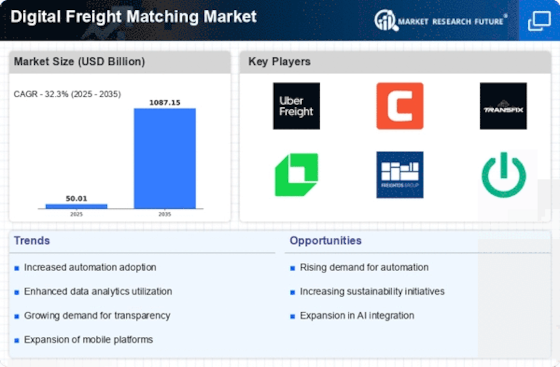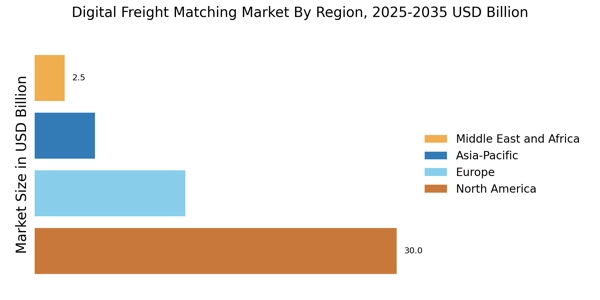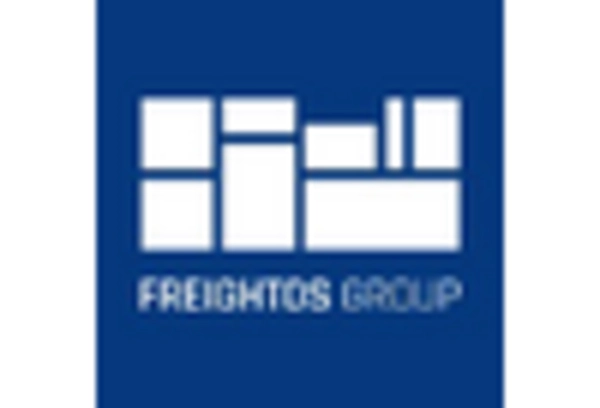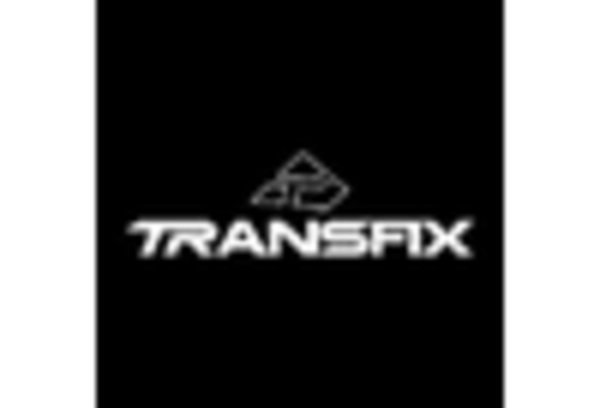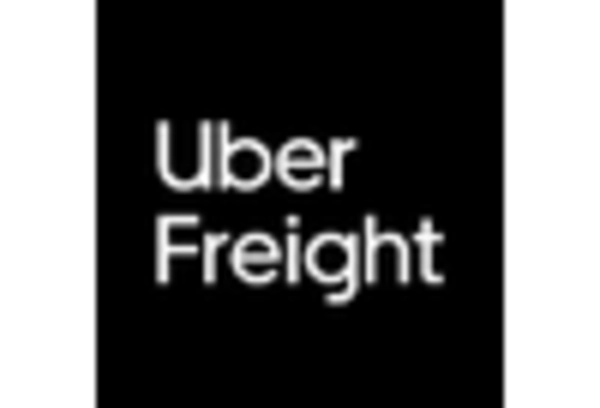June 2023: Uber Freight announced a partnership with Transplace, a leading transportation management system (TMS) provider. The partnership will integrate Uber Freight's Automated freight matching platform with Transplace's TMS, giving shippers and carriers seamless access to a wider network of freight opportunities.
July 2023: Convoy announced a partnership with J.B. Hunt Transport Services, one of the biggest trucking companies in North America. The partnership will make J.B. Hunt's capacity available to Convoy's shippers, giving them access to a more reliable and efficient network of carriers.
August 2023: Loadsmart announced a partnership with CEVA Logistics, a global supply chain management company. The partnership will integrate Loadsmart's Automated freight matching platform with CEVA Logistics' transportation management system, giving CEVA's customers access to a wider network of freight opportunities.
In August 2024, Uber Technologies, Inc. released an announcement regarding Uber Freight Shipping. Uber Freight’s new platform is a step further from the successful Shipper platform. Uber Freight brings sophisticated technology to the logistics industry. Along with shipment tracking and highly responsive customer support, Uber also provides additional CRM integration. This helps increase the efficiency and visibility of companies, no matter the size of the enterprise, making freight booking easier than ever.
In August 2024, Freight Technologies, Inc. expanded the functionality of the Fr8App, its AI-powered freight-matching platform, by integrating it with Tecnomotum, a top data transmission company in Mexico. Fr8App’s expansion comes as a result of this partnership, which allows for better connectivity of fleets and improvements in logistics operations and provides real-time data in the US-Mexico-Canada Agreement (USMCA) region. This solidifies Fr8App’s leadership position in cross-border shipping.
In July 2024, C.H. Robinson Worldwide Inc. put out a press release regarding Digital Dispatch. The platform is expected to provide timely recommendations to carriers in a more efficient fashion. Carriers will now have access to load alerts via SMS or email. Using a combination of AI and data, the algorithm provides accurate, timely freight load suggestions. The platform sends real-time load alerts so carriers can seat the most appropriate freight first and ultimately improve their customer satisfaction.
In March 2024, Bolt Express, an organization dealing in time-critical transportation solutions, unveiled the release of its digital freight matching system. This system improves the matching of freight with particular loads to be moved by utilizing sophisticated shipping accounts through API, EDI, or XML. Bolt, for other shippers, uses artificial intelligence-powered advanced call, email, and text-to-shipment request setups, which are resolved in a timely. This extension also contains a freight optimizer that serves shipment needs with appropriately sized vehicles, thus providing quick, effective, and economical responses to clients.


